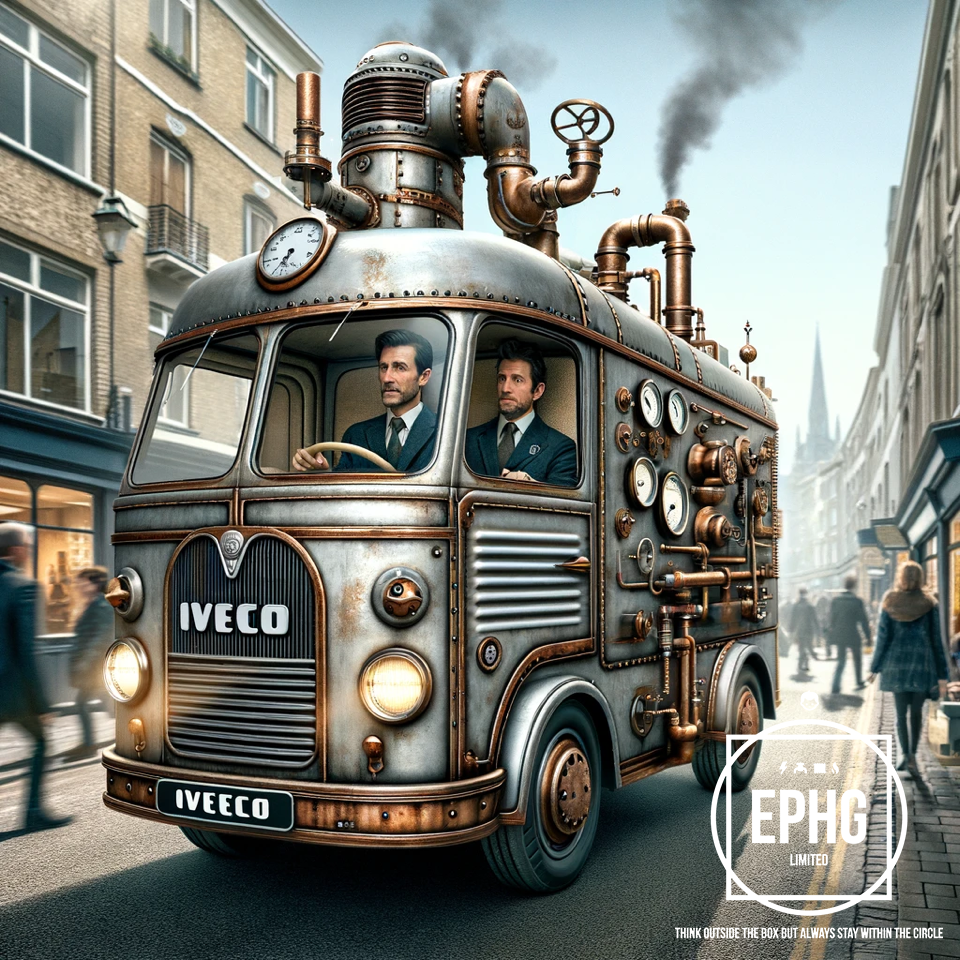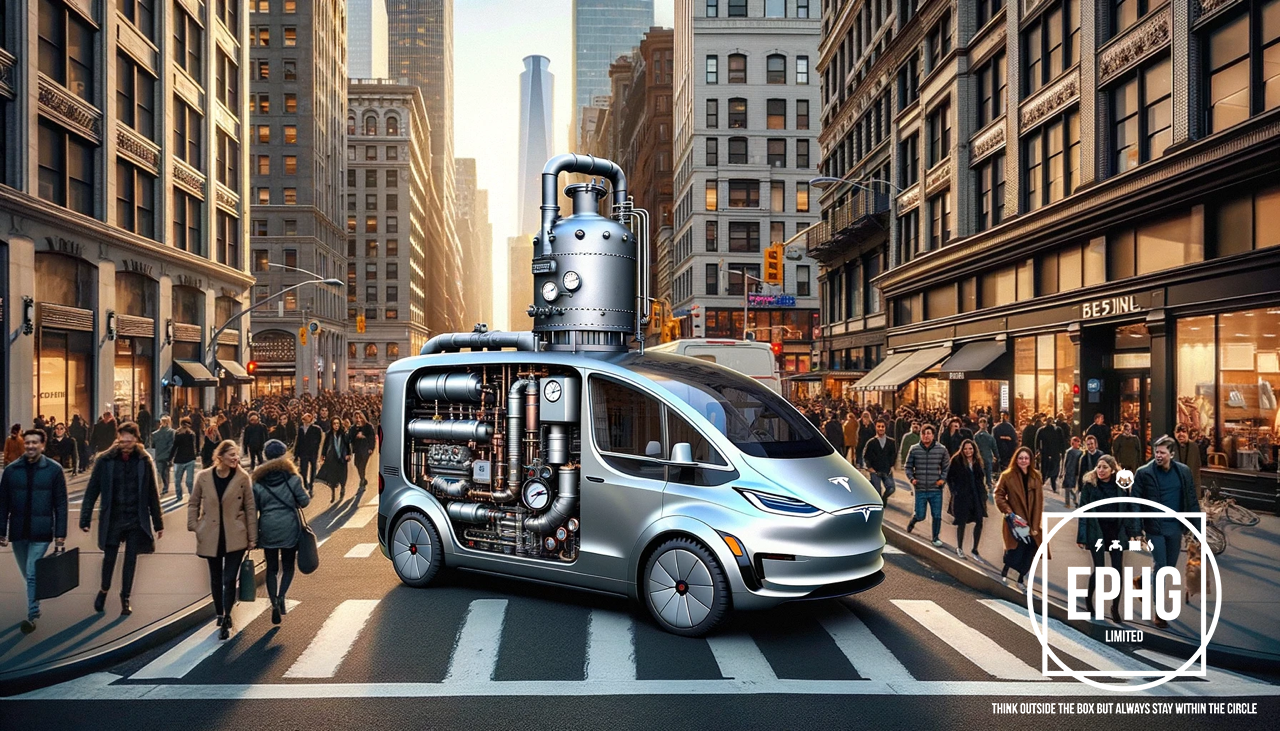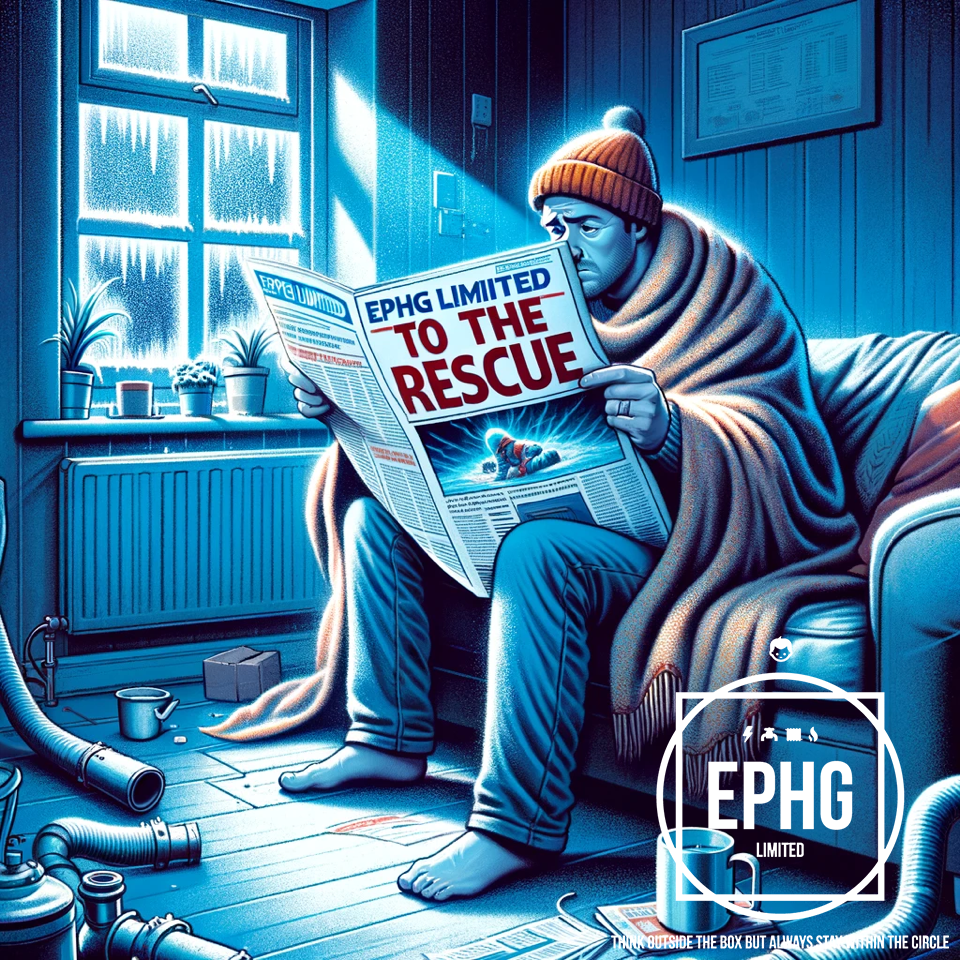
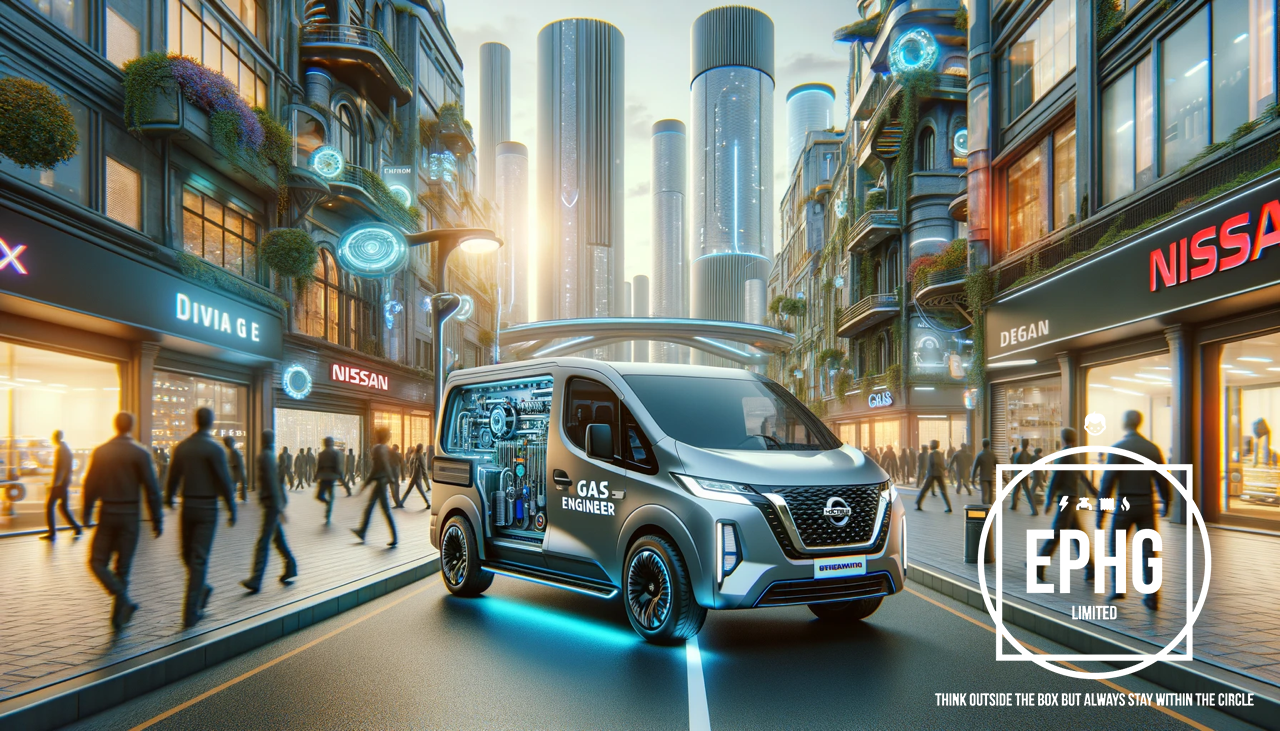
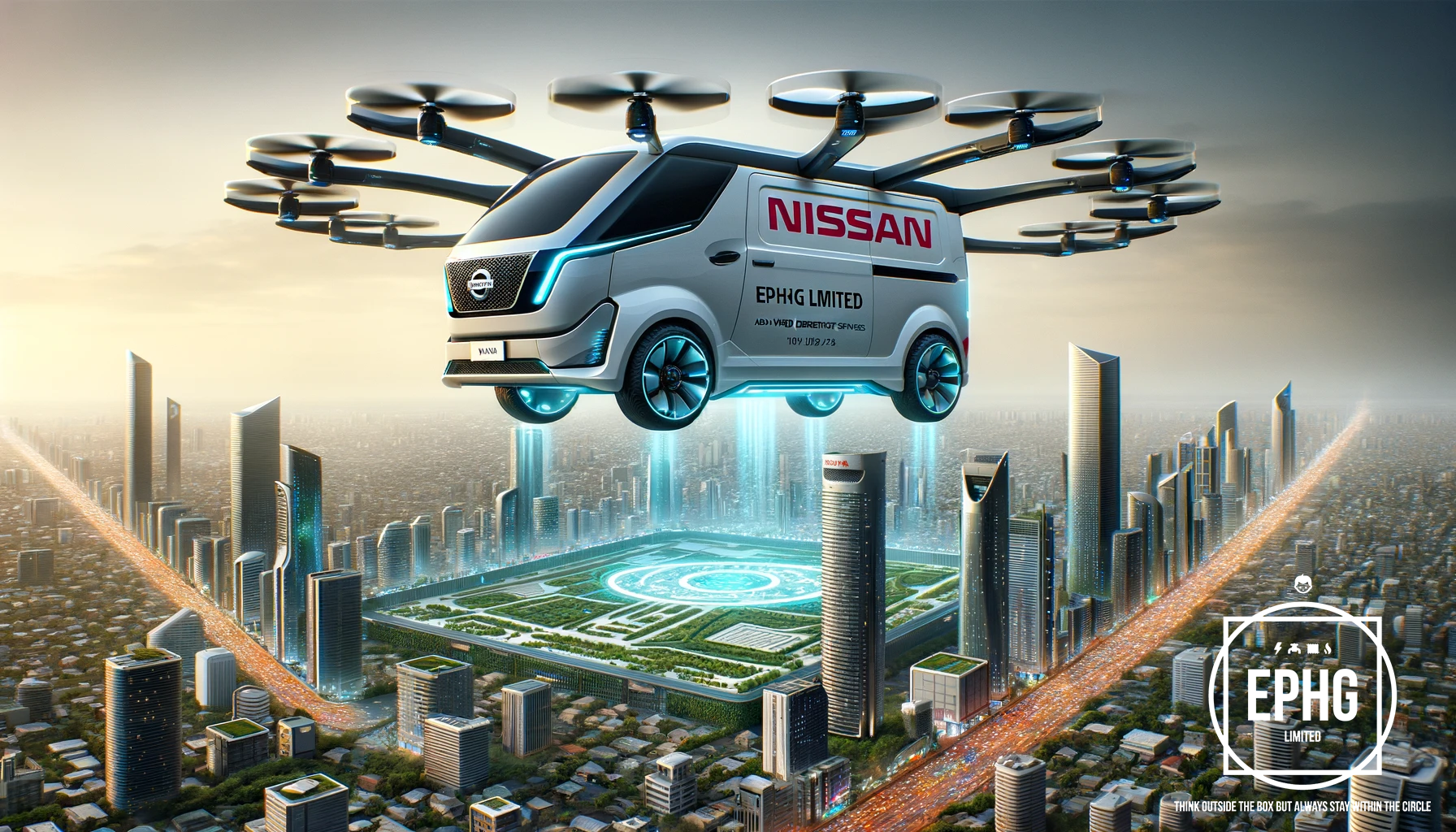
The Evolutionary Road: The History of the Nissan Van and the emergency gas engineer in Oxford
Introduction
Delving into the 'History of the Nissan Van' unveils a narrative rich in innovation and adaptability. From the bustling streets of Oxford to the global stage, Nissan Vans have played a pivotal role in shaping the landscape of commercial vehicles. This article explores the origins and evolution of the Nissan Van, highlighting its significance in the realm of emergency services, particularly for gas engineers.
The Genesis of Nissan and Its Founder
Nissan's journey began in Japan, under the leadership of its founder, Yoshisuke Aikawa. The company's inception dates back to 1933 when Aikawa separated the automotive parts division of Tobata Casting and expanded it into an independent company named Nissan Motor Co., Ltd. The birth of Nissan marked a new era in Japanese automotive manufacturing, setting the stage for a legacy of innovation.
Early Innovations and Developments
Nissan's initial foray into vehicle production laid the foundation for its future success. The company quickly gained a reputation for crafting durable and reliable vehicles, suitable for a range of uses. In the post-war period, Nissan expanded its offerings, introducing vans that combined practicality with robust engineering, a testament to the company's commitment to quality and functionality.
The Nissan Gas Engineer Van: A Specialized Vehicle
Amidst its diverse range of models, the 'Nissan Gas Engineer Van' emerged as a specialized vehicle designed to meet the specific needs of gas engineers. This van, often envisioned as a cross between a traditional van and a gas boiler, represents the epitome of utility and efficiency. It is equipped with all the necessary tools and equipment, making it a mobile workstation ideal for emergency scenarios.
Emergency Gas Engineers in Oxford: Nissan’s Role
In the historic city of Oxford, the Nissan Van has become a staple for emergency gas engineers in Oxford. The van’s adaptability and reliability are crucial in a city known for its narrow streets and historical buildings. The ability of the Nissan Van to navigate these conditions efficiently, coupled with its robust design, makes it an invaluable asset for gas engineers who need to respond swiftly to emergency calls.
Conclusion
The history of the Nissan Van is a journey of continuous adaptation and innovation. From its inception by Yoshisuke Aikawa to its current status as a vital tool for emergency services, the Nissan Van has proven its worth time and again. Its role in supporting emergency gas engineers in cities like Oxford is a testament to its versatility and reliability. As Nissan continues to evolve, incorporating new technologies and designs, its vans remain trusted companions on the roads, ever-ready to aid in times of need. The story of the Nissan Van is not just about a vehicle; it's about the people and communities it serves, a narrative of unwavering commitment to service and excellence.
Continuation: Exploring the Past and Future Concepts of the Nissan Van
Past Concepts: A Legacy of Innovation
The journey of the Nissan Van is marked by a series of innovative concepts that have shaped its identity and reputation in the automotive industry.
- Early Beginnings: Nissan's initial venture into the world of vans began post-World War II, with models that prioritized functionality and durability. These early vehicles were designed to cater to a broad spectrum of commercial activities, setting the stage for more specialized developments.
- The Era of Diversification: Throughout the 1960s and 1970s, Nissan expanded its range, introducing models that were both versatile and adaptable. Vehicles like the Nissan Caravan and Urvan became popular due to their robust build and spacious interiors, capable of serving a variety of business and transport needs.
- ecialization in Utility: The 1980s and 1990s saw Nissan focusing on creating more specialized vans. This era marked the introduction of models equipped with advanced features, like improved cargo space and enhanced comfort, catering to specific industrial and commercial requirements.
- Technological Advancements: Nissan also pioneered in integrating technology into their vans, with improvements in engine efficiency, safety features, and comfort, making these vehicles more appealing for a wide range of professional applications.

Nissan Gas Engineer Van Racking Ideas
More ideas in other articles below.
Future Concepts: The Road Ahead for Nissan Vans
As we look towards the future, Nissan is set to redefine the concept of commercial vehicles, with a focus on sustainability, technology, and user-centric designs.
- Electrification and Sustainability: With the automotive industry's shift towards sustainability, Nissan is investing in electric vehicle technology. Future Nissan vans are expected to be electric or hybrid, reducing carbon emissions and operating costs, crucial for urban environments and ecological sustainability.
- Autonomous and Smart Technology: Future models may incorporate autonomous driving capabilities and smart technology, including AI-based navigation systems and IoT connectivity. These features will not only enhance the driving experience but also increase efficiency and safety, especially in emergency response vehicles.
- Customization and Flexibility: Recognizing the diverse needs of its users, Nissan is likely to focus on modular designs that can be easily customized. This approach will allow the vans to adapt to different roles, from cargo transport to specialized vehicles like the Nissan Gas Engineer Van.
- Design and Comfort Innovations: Future designs will likely focus on aerodynamics for better fuel efficiency, along with a more contemporary aesthetic. The comfort of the driver and passengers will be a priority, with ergonomic interiors and improved in-cabin technologies.
Impact on Emergency Services: Example of Oxford
The advancements in Nissan Vans hold significant implications for emergency services, such as those provided by gas engineers in cities like Oxford. Enhanced navigation and communication tools, along with more efficient engines, will enable quicker and more effective responses to emergencies. The adaptability and functionality of these vans will ensure they remain indispensable for emergency responders.
Conclusion
The Nissan Van's evolution from its humble beginnings to its future prospects represents a journey of continuous innovation and adaptation. Nissan has consistently demonstrated its ability to respond to changing market demands and technological advancements. As it embraces new technologies and moves towards a more sustainable future, Nissan Vans will undoubtedly continue to play a vital role in various sectors, especially in critical services like emergency gas engineering. The story of the Nissan Van, thus, is more than the evolution of a vehicle; it is a narrative of commitment to progress, reliability, and serving the community.
Fictional Disclaimer: Kindly be aware that some of the content and images featured in this article are purely imaginative creations by Martin Smith of EPHG Limited. They are not affiliated with or endorsed by the Nissan company. These visual representations are designed to spark your imagination and explore the realm of "what if," offering a unique perspective that blends fiction with the potential of innovation.



